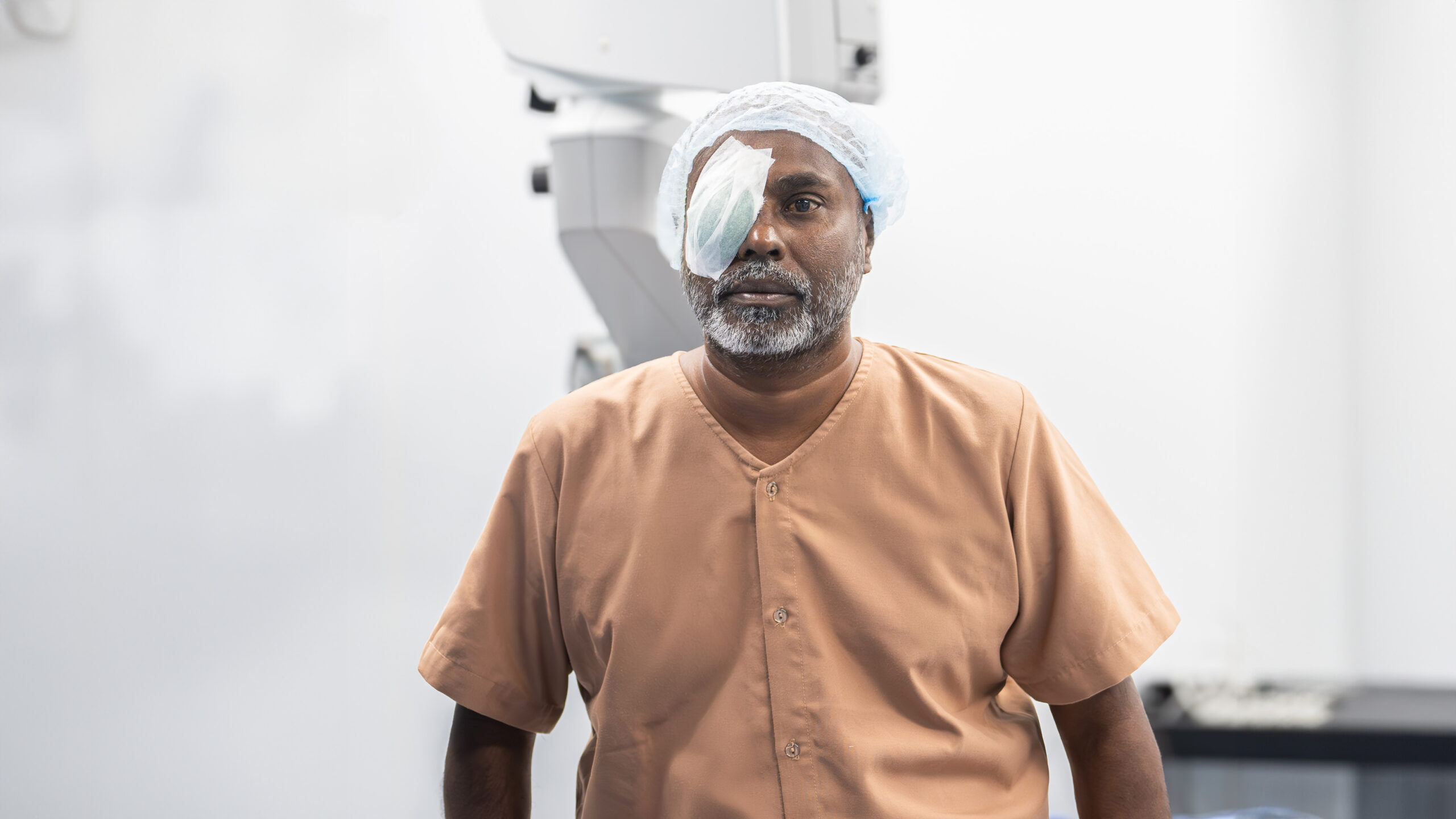Cataract surgery is a transformative procedure that can significantly improve your vision and quality of life. However, the success of the surgery doesn’t end when you leave the operating room. Proper post-surgery care is crucial to ensure a smooth recovery and optimal results. Here’s a comprehensive guide to help you navigate the healing process after cataract surgery.
Immediate Post-Surgery Care
- Rest and Relaxation
After cataract surgery, it’s important to take it easy and rest. Your vision may be blurry, and you might feel groggy from the anesthesia. Avoid any strenuous activities and give your eyes time to begin the healing process.
- Use Prescribed Eye Drops
Your doctor will prescribe eye drops to prevent infection and reduce inflammation. It’s essential to use these drops as directed, typically several times a day. These drops play a key role in protecting your eye and promoting healing.
- Protect Your Eyes
You’ll be given a protective shield to wear over your eye, especially while sleeping. This shield prevents accidental rubbing or bumping, which could harm your healing eye. During the day, wear sunglasses to shield your eyes from bright light and UV rays.
First Week After Surgery
- Avoid Certain Activities
To ensure proper healing, avoid bending over, lifting heavy objects, and engaging in vigorous physical activities. These actions can increase pressure in your eye and hinder the healing process.
- Follow Up with Your Doctor
Attend all scheduled follow-up appointments with your eye doctor. These visits allow your doctor to monitor your recovery, check for any complications, and adjust your treatment plan if necessary.
- Be Mindful of Symptoms
It’s normal to experience mild discomfort, light sensitivity, and watery eyes after surgery. However, if you notice severe pain, significant vision loss, increased redness, or persistent swelling, contact your doctor immediately.
Ongoing Recovery Tips
- Avoid Eye Irritants
Stay away from dust, wind, and other irritants that could get into your eyes. Avoid swimming pools, hot tubs, and any activities that could expose your eyes to potential contaminants.
- Don’t Rub Your Eyes
Rubbing your eyes can cause infection and disrupt the healing process. If your eyes feel itchy or uncomfortable, use the prescribed eye drops to soothe them.
- Resume Normal Activities Gradually
As your eye heals, you can gradually return to your normal activities. Your doctor will give you specific instructions on when it’s safe to resume tasks like driving, reading, and working on a computer.
- Maintain Good Hygiene
Keep your hands clean and avoid touching your eyes. Good hygiene practices help prevent infections and promote faster healing.
Long-Term Eye Care
- Continue Regular Eye Exams
Regular eye exams are essential to monitor your eye health and ensure your vision remains clear. Your doctor will advise you on the frequency of these exams.
- Protect Your Eyes from UV Rays
Wearing sunglasses that block 100% of UVA and UVB rays helps protect your eyes from sun damage. This is especially important after cataract surgery, as your eyes may be more sensitive to light.
- Stay Informed About Your Eye Health
Stay proactive about your eye health by discussing any changes in your vision or eye condition with your doctor. Early detection of any issues can prevent complications and preserve your vision.
Conclusion
Post-surgery care is a vital component of your cataract surgery journey. By following these guidelines and staying in close communication with your eye care provider, you can ensure a smooth recovery and enjoy the full benefits of your improved vision. At EyeCare Hospital and Opticals, we are dedicated to supporting you through every step of your recovery process. If you have any questions or concerns, don’t hesitate to reach out to us. Your vision is our top priority!

